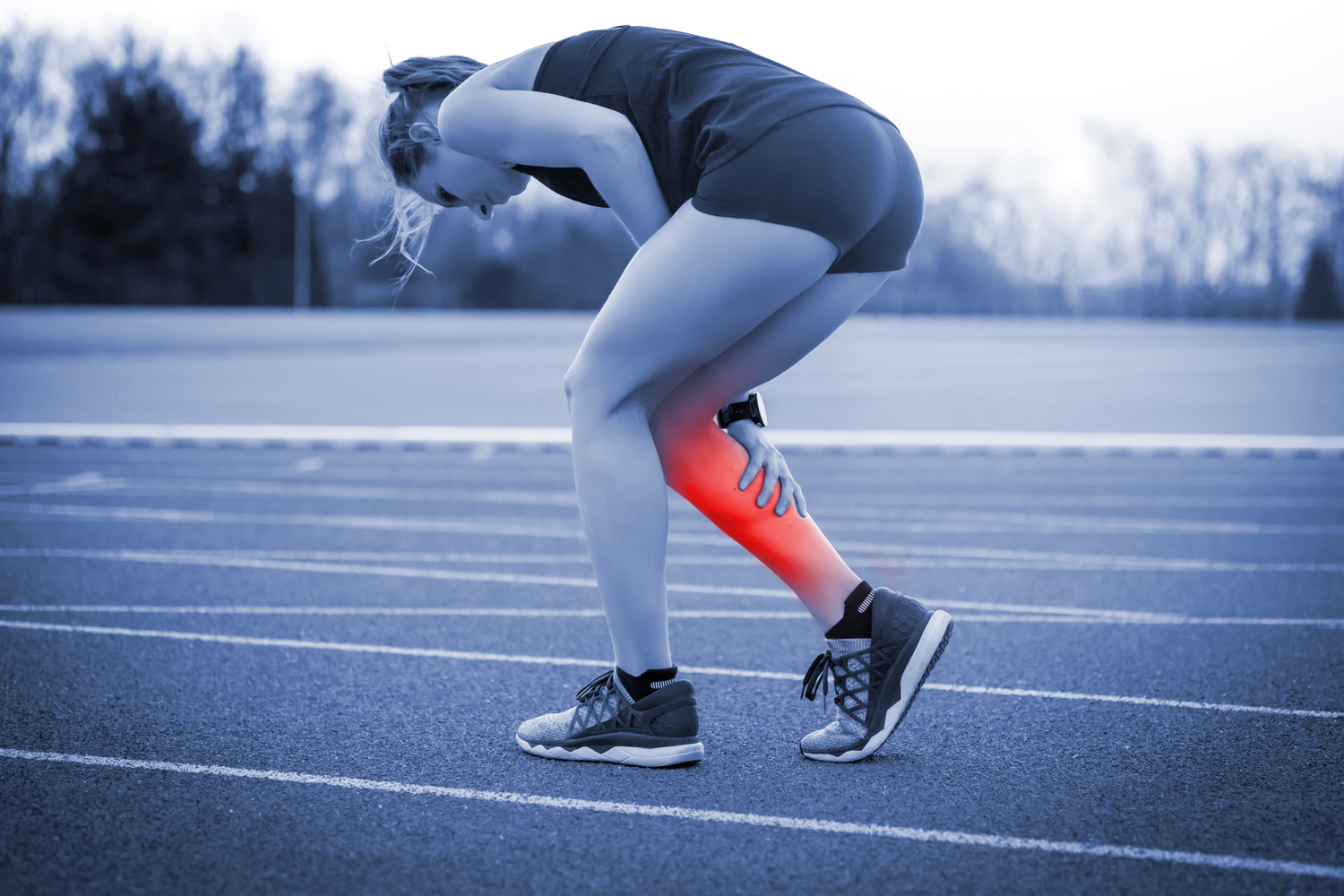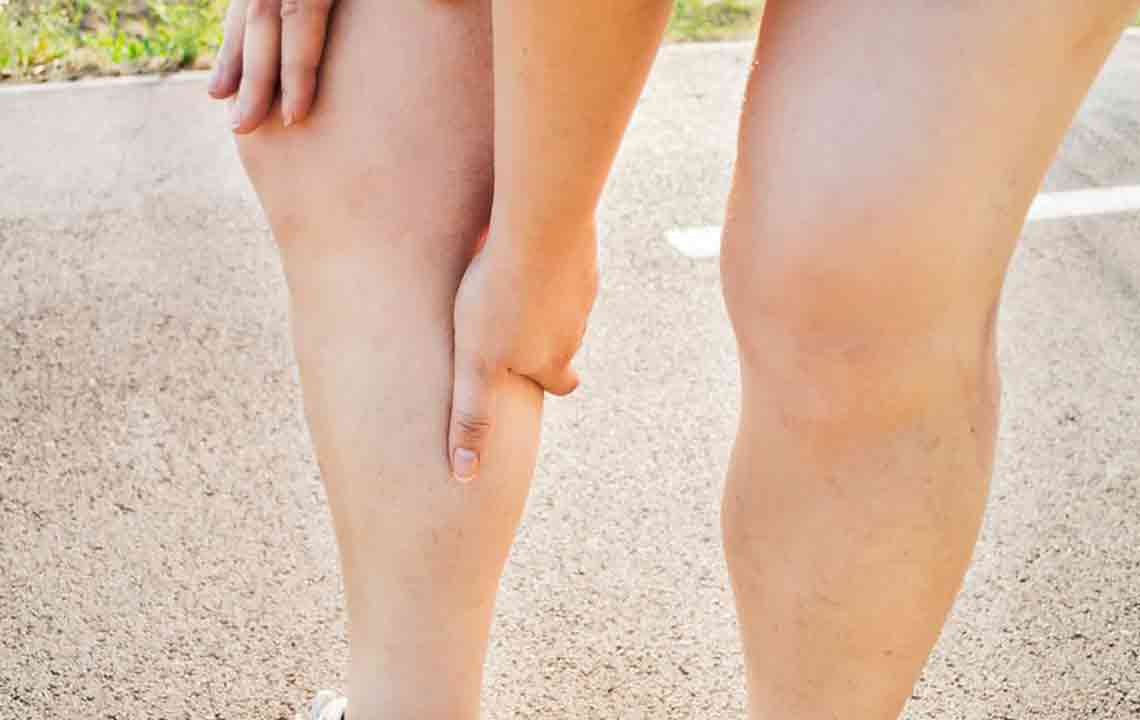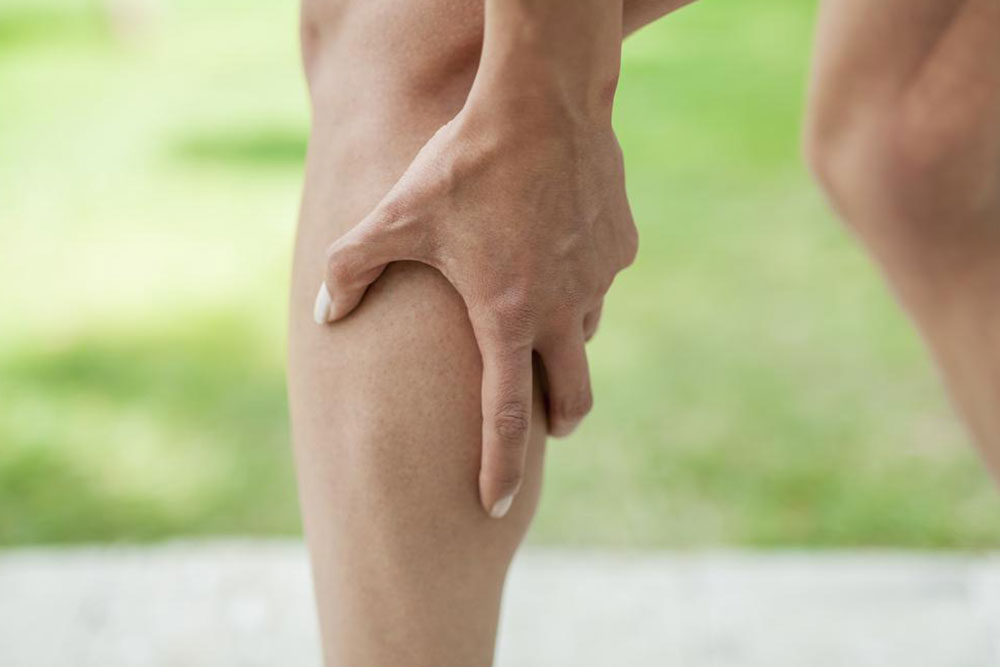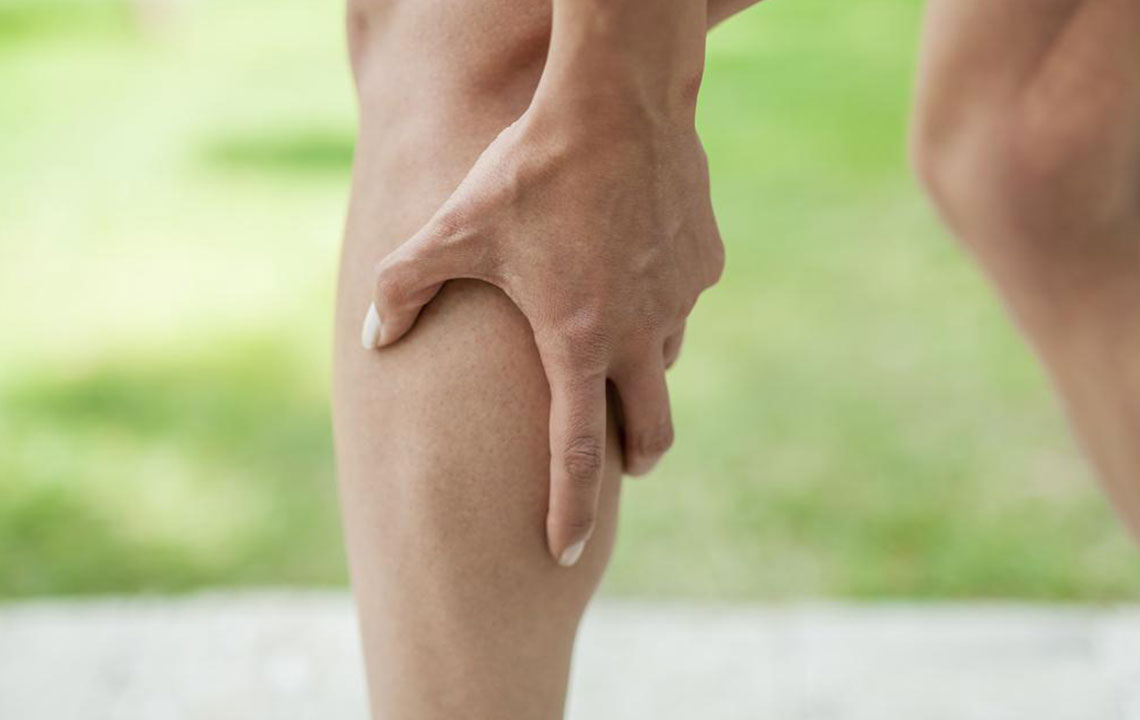Comprehensive Guide to Nighttime Leg Cramp Relief
This comprehensive guide offers effective methods to prevent and treat nighttime leg cramps. Learn about causes, immediate relief techniques like stretching and heat therapy, preventive tips such as hydration and proper diet, and when to see a doctor. Managing leg cramps through lifestyle changes and medical advice can lead to better sleep quality and overall comfort.
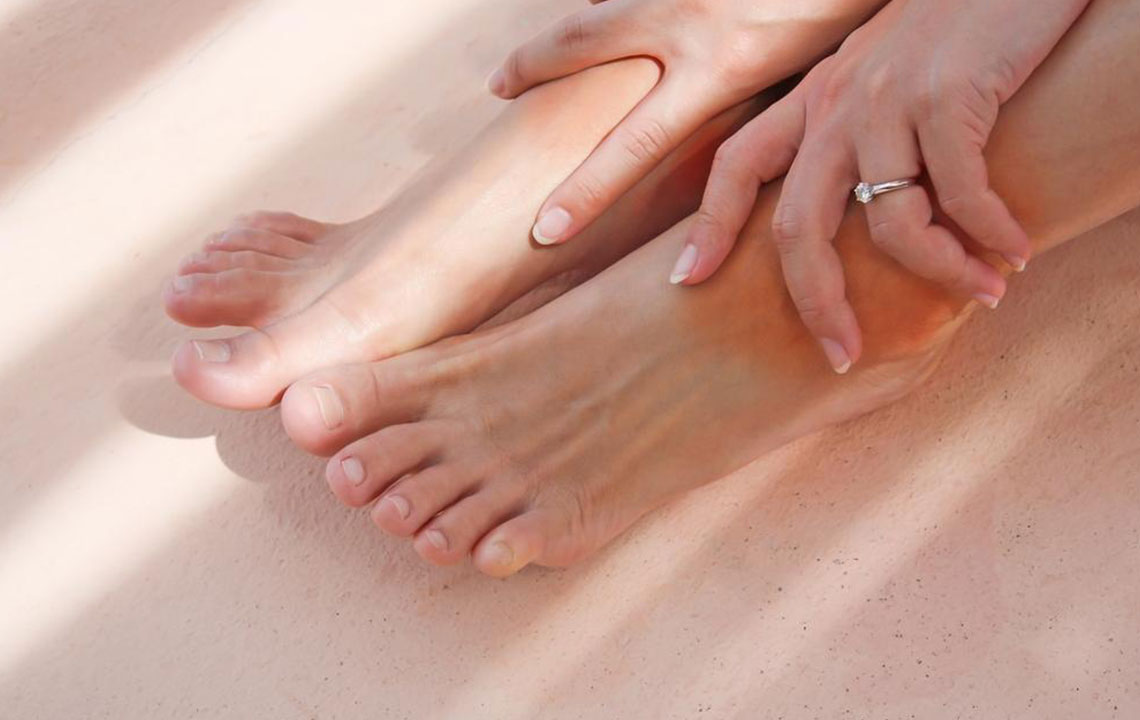
Comprehensive Guide to Nighttime Leg Cramp Relief
Leg cramps are sudden, intense muscle contractions commonly affecting the calves, thighs, or feet, often occurring during sleep or upon waking. These spasms can be triggered by various factors, making them a frustrating experience for many.
Causes of Nocturnal Leg Cramps
While the precise causes remain unclear, several factors can contribute:
Overexertion, muscle injuries, or pressure can induce cramps
Dehydration plays a significant role
Pregnancy-related deficiencies in calcium and magnesium increase risk
Exposure to cold environments or water triggers cramps
Electrolyte imbalances, especially low potassium and calcium levels
Prolonged sitting, standing on hard surfaces, or sleeping in awkward positions
Some medications like birth control pills, diuretics, antipsychotics, and steroids.
Underlying health issues involving the kidneys, thyroid, or neurological conditions like multiple sclerosis.
Effective Strategies to Relieve Nighttime Leg Cramps
Stretching Exercises - Gently stretch the affected muscle by pumping your heel up and down, holding each stretch for 30 seconds. Repeat until the pain subsides.
Applying Heat - Use a warm compress or take a warm shower to relax the muscle and ease cramping.
Stay Hydrated - Drinking water enriched with lemon helps replenish electrolytes, reducing cramps over time. Aim for 1.5-2 liters daily.
Physical Movement - Walking briefly after waking helps relax muscles and can diminish cramps.
Over-the-Counter Pain Relief - Medications like ibuprofen can alleviate pain; consult a healthcare professional before use.
Tips to Prevent Night Cramps
Avoid alcohol, which can cause dehydration.
Maintain adequate hydration with clear or light-yellow urine.
Eat a balanced diet rich in potassium, magnesium, and calcium, especially during pregnancy.
Incorporate daily stretching routines, focusing on leg muscles before bed.
Gradually increase physical activity instead of sudden intense workouts.
Strengthen leg muscles with cycling or similar low-impact exercises.
Use loose bedding that allows free movement during sleep.
When to Seek Medical Attention
If night cramps persist, interfere with sleep, or lead to muscle weakness, consult a healthcare professional. Persistent cramps may indicate underlying health issues requiring medical evaluation. Always inform your doctor of current medications and adhere to prescribed treatments for effective relief.
Though bothersome, with proper treatment and lifestyle adjustments, nighttime leg cramps can be managed effectively, leading to restful sleep.



